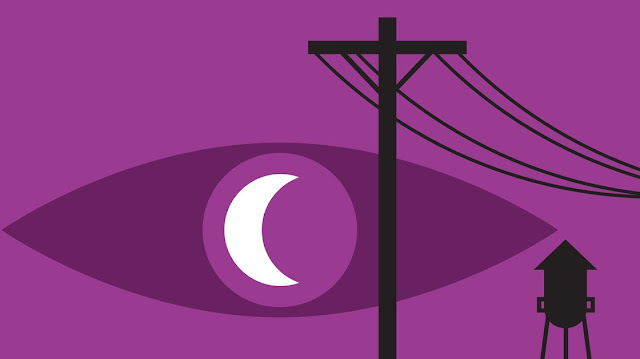Welcome To 'Night Vale' — Watch Out For The Tarantulas
by NPR STAFF
http://www.npr.org/
by NPR STAFF
http://www.npr.org/
Jeffrey Cranor and Joseph Fink have the news of the weird covered: they're the creative masterminds behind the popular sci-fi podcast Welcome to Night Vale. Though only a year old, the spooky Night Vale — which channels David Lynch, Orson Welles and H.P. Lovecraft in its descriptions of a small, weird desert town — has rocketed up the iTunes ratings list to claim the number one most downloaded spot.
Fink tells NPR's Jacki Lyden that he wanted to work on a podcast with Cranor, but he didn't want it to be anything like the podcasts he already listened to. "And I've always been fascinated by conspiracy theories. And also, to a lesser extent fascinated by the Southwest desert. Fascinating things probably happen there on a regular basis. So I came up with this idea of a town in that desert where all conspiracy theories were real, and we would just go from there with that understood."
Jeffrey Cranor & Joseph Fink
Interview Highlights
Cranor on Night Vale's mysterious dog park
"It's a small community town. It has the mundane qualities of everyday life in small town America. As you hear more about the dog park, you realize it is completely locked down, not only physically, but somehow spiritually, too, you have no concept of what's happening in there, and there aren't even people in the dog park, just hooded figures that are in and around the area. So it sets the scene of, here's a mundane, quaint American town, sort of overrun by ghosts, or spirits, or conspiracies or underground societies."
Cranor on Night Vale and post-9/11 paranoia
"The paranoia, taking that level of panic and internal angst ... and turning it into the norm in society, I think that's one of the things we love about the character of Cecil [the narrator]. He gives a dry, radio journalist approach to the news most of the time, and he gives a sense of, like, that this is a normal way of society, that this isn't trying to create sheer panic in the reader or the listener, that we've entered dystopia. It's trying to take the dystopia model and actually make the people who live there quite happy with it."
Fink on maintaining a sense of mystery
"It's interesting, you know, the fact that no one knows what most of the people look like. We very intentionally leave off most physical description, unless it's for like a joke, like mentioning that someone has spider eyes or something. Other than that, we tend to leave out physical description ... so if they're faceless, we might mention that they don't have a face, but we don't really get into hair color or height, or things like that ... I get a lot of emails every day being like, 'tell us exactly what Cecil looks like,' and then a bunch of other emails every day, being like, 'never tell us anything about what Cecil looks like.'"


No comments:
Post a Comment